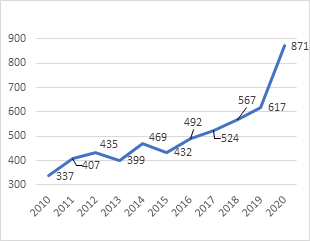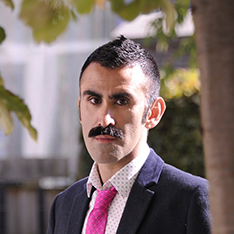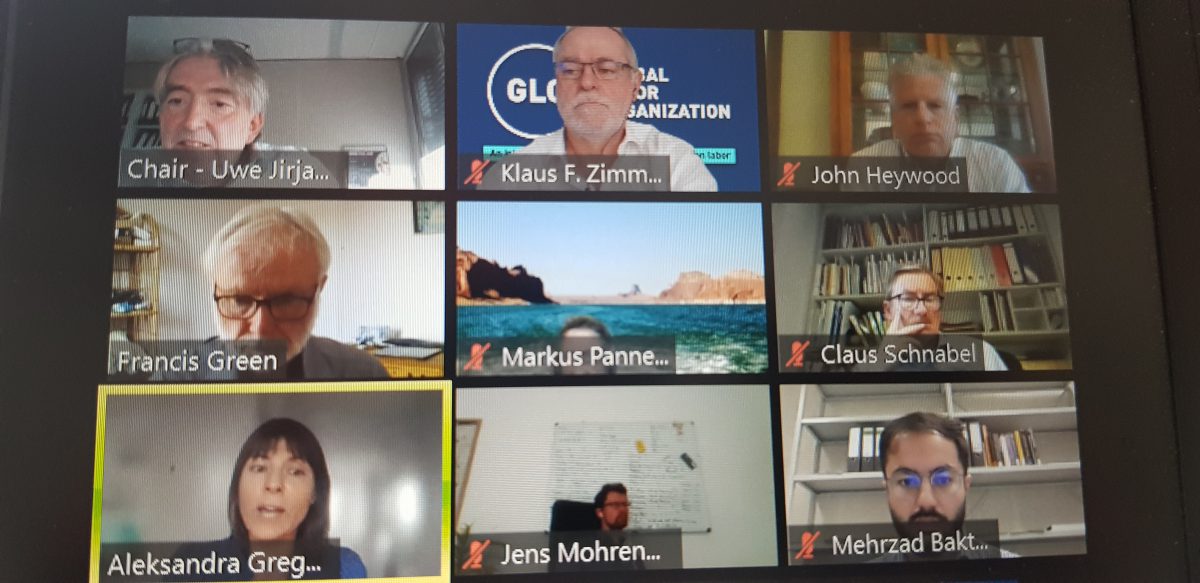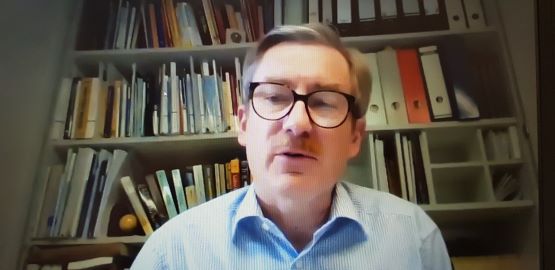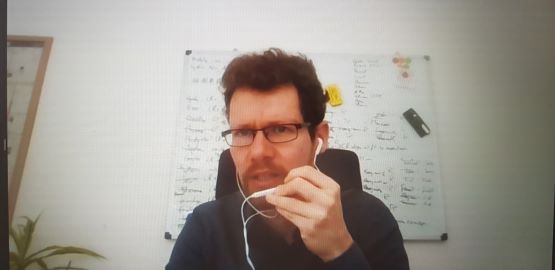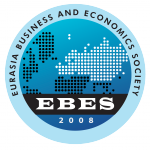A new GLO Discussion Paper identifies burnout stigma as a source of promotion discrimination.

GLO Discussion Paper No. 871, 2021
Why Making Promotion After a Burnout Is Like Boiling the Ocean – Download PDF
by Sterkens, Philippe & Baert, Stijn & Rooman, Claudia & Derous, Eva
GLO Fellow Stijn Baert

Author Abstract: Recent studies have explored hiring discrimination as an obstacle to former burnout patients. Many workers, however, return to the same employer, where they face an even more severe aftermath of burnout syndrome: promotion discrimination. To our knowledge, we are the first to directly address this issue in research. More specifically, we conducted a vignette experiment with 406 genuine managers, testing the potential of the main burnout stigma theoretically described in the literature as potential mediators of promotion discrimination. Estimates reveal that compared to employees without an employment interruption, former burnout patients have no less than a 34.4% lower probability of receiving a promotion. Moreover, these employees are perceived as having low (1) leadership, (2) learning capacity, (3) motivation, (4) autonomy and (5) stress tolerance, as well as being (6) less capable of taking on an exemplary role, (7) having worse current and (8) future health, (9) collaborating with them is regarded more negatively, and (10) managers perceive them as having fewer options to leave the organisation if denied a promotion. Four of these perceptions, namely lower leadership capacities, stress tolerance, abilities to take on an exemplary role and chances of finding another job explain almost half the burnout effect on promotion probabilities.
Featured image: Morgan Basham on Unsplash

GLO Discussion Papers are research and policy papers of the GLO Network which are widely circulated to encourage discussion. Provided in cooperation with EconStor, a service of the ZBW – Leibniz Information Centre for Economics, GLO Discussion Papers are among others listed in RePEc (see IDEAS, EconPapers). Complete list of all GLO DPs – downloadable for free.
The Global Labor Organization (GLO) is an independent, non-partisan and non-governmental organization that functions as an international network and virtual platform to stimulate global research, debate and collaboration.
Ends;



